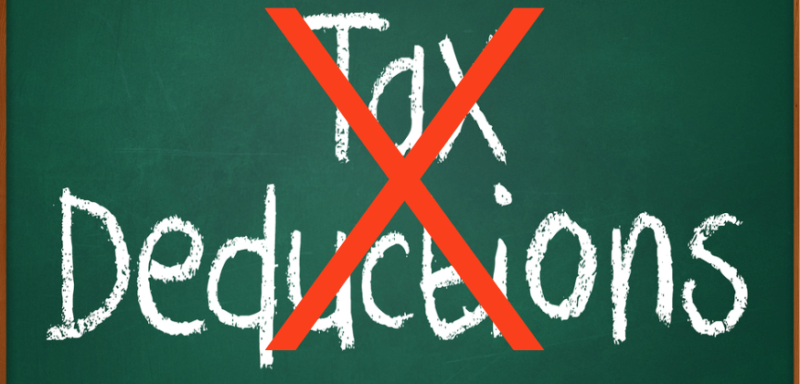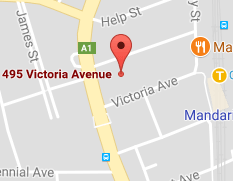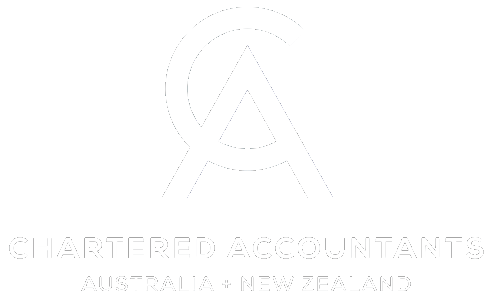Welcome to our September 2019 edition of the StewartBrown newsletter. We hope to keep you informed of the important tax developments and issues affecting businesses in Australia today.
STOP PRESS – SINGLE TOUCH PAYROLL (“STP”) ACTION REQUIRED BEFORE 30 SEPTEMBER
As reported in our July 2019 newsletter and our special STP newsletter of June 2019, employers are required to register with the ATO by 30 September 2019 (at the latest). According to the ATO less than half of employers had registered for STP by the end of July 2019. If you have not already done so please attend to this ASAP and seek assistance from your StewartBrown Partner or Manager if you need any assistance with STP.
NO TAX DEDUCTION FOR NON COMPLIANT PAYMENTS
From 1 July 2019, tax deductions will not be allowed for payments that Pay-as-you-go with-holding (“PAYGW”) obligations relate to if the payer either fails to withhold that tax or notify the Tax Commissioner concerning same. These measures apply to:
- salary, wages, commissions, bonuses or allowances to employee;
- directors’ fees;
- payments under a labour hire arrangement;
- payments for supply of services (except from supplies of goods and real property) where the payee has not quoted its ABN; or
- non-cash benefit provided in lieu of one of the above.

A tax deduction will only be denied where:
- no amount has been withheld at all; or
- no notification is made to the Commissioner.
Withholding or notifying the ATO of an incorrect amount will not affect tax deductibility however penalties may apply!
These rules do not apply to an obligation to withhold or report a nil amount.
A tax deduction that would otherwise be denied by these measures, will be maintained in the original income year if the taxpayer voluntarily notifies the ATO of the mistake before an ATO audit commences.
With the introduction of Single Touch Payroll it is a lot easier for the Tax Office to monitor and review non payment of PAYGW and the reporting of those obligations. If you need any assistance with these responsibilities please contact your StewartBrown Partner or Manager.
DIRECTORS PENALTY REGIME - UPDATE
The Directors Penalty Regime allows the Tax Commissioner to make directors of a company personally liable for specified taxation liabilities of the companies they represent through the issue of a Director Penalty Notice (“DPN”). A DPN imposes the penalty on the directors of a company that fails to pay Pay-as-you-go with-holding taxes (“PAYGW”) and Superannuation Guarantee Charges (“SGC”). Unpaid FBT, GST and corporate income tax are not currently covered by these regulations. The amount of the director penalty notice is the amount of unpaid liabilities for PAYGW or SGC.
Former company directors remain liable for DPN penalties equal to any unpaid PAYGW or SGC liabilities up until the date of their resignation.
The purpose of the DPN regime is to ensure that a company either meets its obligations in relation to PAYGW and superannuation, or promptly appoints a voluntary administrator or liquidator.
Before the ATO can recover the penalty, they must first give the director a DPN. A director will not be personally liable for unpaid PAYGW or SGC if the director took all reasonable steps to ensure:
- the company complied with its obligations to pay;
- it was unreasonable to expect the director to take part in management of the company (eg through major illness or other reason), or if
- the company was in administration or being wound up.
In the DPN, the ATO needs to give a director three weeks (21 days) notice to have matters put right. The notice must:
- set out what the Commissioner thinks is the unpaid amount of the company’s liabilities
- state that the director(s) is liable to pay those unpaid amounts and
- explain the main circumstances in which the penalty will be remitted.
If the directors act within these 21 days and pay up or alternatively place the company under administration or wind it up, then this penalty won’t generally be applied.

Directors cannot avoid or delay these actions by the ATO simply by keeping quiet or not reporting these liabilities. To avoid lodging a BAS or omitting information from a BAS is no longer a way around this and if these delaying tactics are used for more than 3 months the actions available to the directors are even more limited. Importantly, if a director fails to report these liabilities on time and a DPN is issued, then placing the company into administration or liquidation is no longer a way around personal liability as it has been in the past. The DPN will still be valid even if the company is in administration or liquidation.
So it is therefore really important to lodge the employers BAS and SGC information on time, even if there is no money to pay these liabilities. (Note: With the introduction of the STP system the ATO now have much more real time data available concerning these taxes and contributions than ever before).
Criminal sanctions
On the 1st of April, 2019 additional provisions were introduced to the DPN regime which allow criminal sanctions to be brought against directors for unremitted superannuation obligations. The fines payable in such cases amount to $10,500 (50 penalty units), 12 months imprisonment, or both. This is in addition to the actual debt payable, interest and administration charges.
Future proposal (watch this space!)
There is also a proposal being considered by the government to include unpaid GST in this same DPN regime. Given the federal opposition have not objected to these new measures we expect that GST will be included here at some time in the near future.
E-INVOICING
The implementation of e-invoicing in Australia is moving ahead, with small businesses set to benefit from quicker payment times and processing cost savings.
While e-invoicing is a broad term that often gets confused with an electronic invoice like a PDF, the new solution is an automated direct exchange of invoices between the supplier’s and buyer’s software systems.
E-invoicing relies on open standards and technology solutions to exchange invoices seamlessly, without manual input. It removes the need to create paper-based or PDF invoices, scan, post or email them, or manually enter them.
This should result in suppliers being paid quicker, as the automation in preparing an invoice will reduce processing times and enable payment to be made sooner, with less chance of errors. MYOB and Bunnings have recently announced that their software systems are already compatible with this technology.



